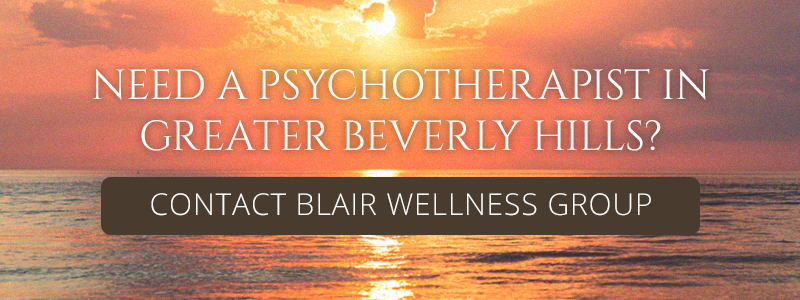Most people have experienced a mild food addiction in some way or another. For anyone who has ever been on a diet, you know first hand what it’s like to feel the cravings associated with something you “can’t” have. For those who gave in to those cravings, you may have found yourself not only eating things you shouldn’t but overindulging in them far more than usual.
People who struggle with food addiction often find themselves in a never-ending circle of eating the wrong kind or too much food which then fuels feelings of guilt and remorse. In today’s blog from Blair Wellness Group, we’re going to explore the correlation between unhealthy eating habits and how they can be both caused by and influence depression. If you or someone you know has an unhealthy relationship with food, food addiction treatment can help. Contact us to learn more and to schedule an appointment with licensed clinical psychologist Dr. Cassidy Blair.
The Roots of Food Addiction
Unlike drug or alcohol addiction, some people see food addiction as simply a behavior tied to those who lack willpower. On the contrary, food addiction works just like other forms of addiction in that it is caused by chemical reactions that activate the reward centers of the brain. In the most simple terms, eating makes you feel good — especially when other things in your life are causing you stress.
Unfortunately, those pleasant feelings are often short-lived and replaced by ones that are influenced by the anxiety, stress, and disappointment of overindulging. These negative emotions are fueled by what is perceived as a lack of control and oftentimes develop into depression.
It’s clear that depression can be both the cause and result of food addiction which is why it is so common in people who struggle with this mental health disorder.
Complications of Overeating and Depression
Depression is a mental health condition that can originate from many different causes. When paired with food addiction, it can foster an unhealthy cycle of overeating that can affect your physical, mental, and emotional wellbeing. Some of the physical health risks include weight gain as well as the development of type 2 diabetes, heart disease, and stroke.
Food Addiction Treatment for Depressive Overeating
Those who struggle with food addiction feel as though they have a complete lack of control and are embarrassed or ashamed of their actions. For these reasons, they often hesitate to seek professional treatment. Without it, however, they can continue to go down the same path of hopelessness and depression — not to mention putting their physical health at risk.
Similar to other forms of psychological addiction treatment, food addiction treatment is effective for addressing the underlying root of the problem. It focuses on discovering what drives the maladaptive behavior and identifying positive ways to cope with triggers that make it difficult to stop.
Contact Blair Wellness Group for Food Addiction Treatment in Beverly Hills, Irvine, and Newport Beach
Food fuels our bodies with life-giving nutrients and it’s something that should give people joy and pleasure. If you have an unhealthy relationship with food, contact Blair Wellness Group at 310.999.4996 to make an appointment with a food addiction psychologist who can help.
Dr. Cassidy Blair is a renowned Licensed Clinical Psychologist and trusted Performance Coach who specializes in providing Concierge-Psychological Care and Executive Coaching for high-achieving professionals. With a deep understanding of the unique challenges faced by CEOs, executives, entrepreneurs, and leaders, Dr. Blair offers tailored, confidential care designed to foster emotional well-being, personal growth, and professional excellence. Her clientele values her discretion, clinical expertise, and emotionally intelligent approach to navigating complex personal and professional dynamics.
- This author does not have any more posts.





